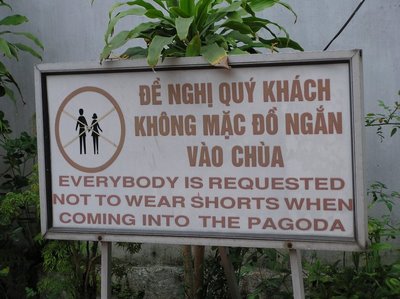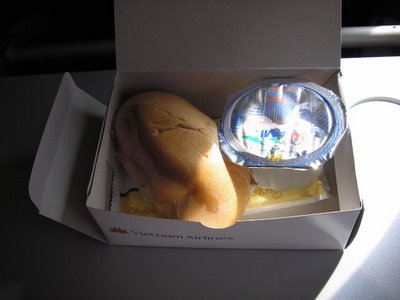Give me sleep or give me - more sleep
I have always needed rather a lot of sleep. It is very aggravating for someone like me to need as much sleep as I seem to need to function even moderately effectively. There are all these things that I want to do ... but, like a child, I have to go to bed by a certain time most nights otherwise the following day is as unproductive as one of my best exam-study-period procrastination days.
I have a theory for why I need so much sleep (I have theories for most things). Generally, I'm aware that many of my theories are pretty crack-pot, but it's always gratifying to discover that someone else comes up with pretty crack-pot theories, remarkably like your own, without the remotest possibility that they would have ever had the distinct displeasure of meeting you.
My crack-pot theory about sleep is that my childhood sleep patterns are so finely ingrained, and so perfectly suited to the sometimes adult me that they keep bludgeoning into my everyday life, demanding I take a midday nap and go to bed around 10 and definitely no later than midnight on a school night.
Well, this crack-pot theory from the erudite bowels of the International Herald Tribune goes along the lines that there is such as thing as: "sleep's older primal pattern trying to reassert itself."
Admittedly, Professor A. Roger Ekirch, (who is a professor of history at Virginia Tech and the author of At Day's Close: Night in Times Past) is actually referring to an unusual interrupted pattern of night-time sleeping that seems remarkably civilised to me.
"... pre-industrial families commonly experienced a "broken" pattern of sleep, though few regarded it in a pejorative light. Until the modern age, most households had two distinct intervals of slumber, known as "first" and "second" sleep, bridged by an hour or more of quiet wakefulness. Usually, people would retire between 9 and 10 o'clock only to stir past midnight to smoke a pipe, brew a tub of ale or even converse with a neighbor."How delightful is this sleep pattern? I could come home from work, eat & clean up, sleep my first sleep, spend an hour or so of the wee hours doing all kinds of auto-didact, polymathic things and then return for 'Sleep mark II'. Lo, I would wake up refreshed for an incredibly productive day at work where I would only have to work about 5 hours in the morning, have a delicious repaste for my midday nutrition, nap for a little bit and then work for another 5 hours or so. Perhaps I shall suggest this to my workplace who are so beholden to the notion of 'flexible work practices'. That's pretty flexible, wouldn't you say?
When I was in Viet Nam and with my father's family at que nha*, we slept with the tides. In the late afternoon, after another meal of rice, prawns and fish, most of the men and the guests would dangle around in hammocks until it was time to haul in more fish. I wondered then whether my sleep desires resulted from some kind of ingrained fishing tide pattern, part and parcel of my parent's genes (my mother's family were also fisher-folk). I just like that my obsessive need for sleep relates to some primeval and archetypal force - not that I am overworked, underexercised or just plain lazy.
* I'm going to post about this phrase really soon. But as a stop gap: it means 'ancestral rural home'. *








